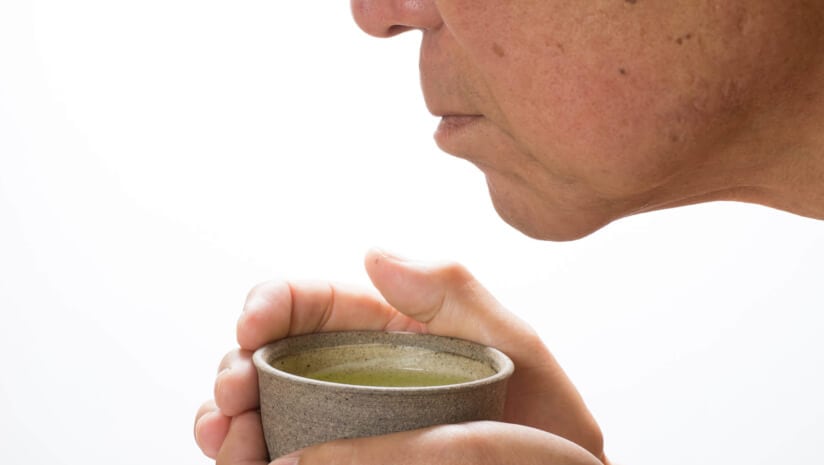Writing in the the journal Frontiers in Aging, researchers affiliated with Oregon Health & Science University explored the effects of Centella asiatica (CAW)—administered as hot water extract or in the diet—on age-related changes in measures of anxiety and cognition.
“Our group has previously shown that the water extract of Centella asiatica (CAW) administered in the drinking water at 2 mg/mL (calculated to deliver 200 mg/kg/d CAW) improves cognitive function in mouse models of aging and neurodegenerative disease,” they wrote.
“This study builds on that previous research to explore the ability of CAW to reverse age-related changes in anxiety and depression. We also evaluated the effects of multiple doses of CAW on cognitive and mood endpoints and assessed sex differences in response to the extract.”
Gotu kola
Centella asiatica has been used in traditional medicine in China and Southeast Asian countries to treat a variety of diseases and heal wounds. It contains several active chemical components, including triterpenes, asiatic acid, madecassoside and madecassic acid.
The herb is marketed in the United States as the dietary supplement gotu kola and has gained popularity as a skincare ingredient due to its ability to moisturize, improve circulation and decrease inflammation in the skin.
Research suggests that gotu kola may support anti-aging and have a broad range of therapeutic effects, including anti-ulcer, anti-cancer, anti-diabetic, anti-osteoporotic, neuroprotective, antioxidant, cardioprotective and anti-inflammatory activities.
The current study noted that it builds on previous animal and human studies that have reported the herb’s neurobehavioral effects.
Study details
Three-month-old and 18-month-old mice of both sexes were administered a rodent diet containing 200 mg/kg/d, 500 mg/kg/d or 1,000 mg/kg/d CAW for five weeks. The dried herb was purchased through Oregon’s Wild Harvest (Redmond, OR, United States).
An additional group of 18-month-old mice were treated with CAW (10 mg/mL) in their drinking water for a total of five weeks to deliver the same exposure of CAW as the highest dietary dose (1,000 mg/kg/d).
Researchers conducted behavioral testing on cognition, anxiety and depression in the mice in the fourth and fifth weeks.
CAW in drinking water improved deficits in executive function and recognition memory in aged mice of both sexes. It also attenuated increased anxiety observed in female mice.
At the highest dose, CAW in the diet improved executive function in aged mice, but the effect was less robust than when administered in water. The researchers did not observe any effects of CAW on depression, regardless of whether it was administered in water or diet.
“A possible explanation for the differences in behavioral effect resulting from water or diet administration could be differing bioavailability of the constituent compounds of CAW depending on the mode of administration,” the researchers noted.
Source: Frontiers in Aging. doi: 10.3389/fragi.2024.1357922. “Amelioration of age-related cognitive decline and anxiety in mice by Centella asiatica extract varies by sex, dose and mode of administration”. Authors: N. E. Gray et al.




